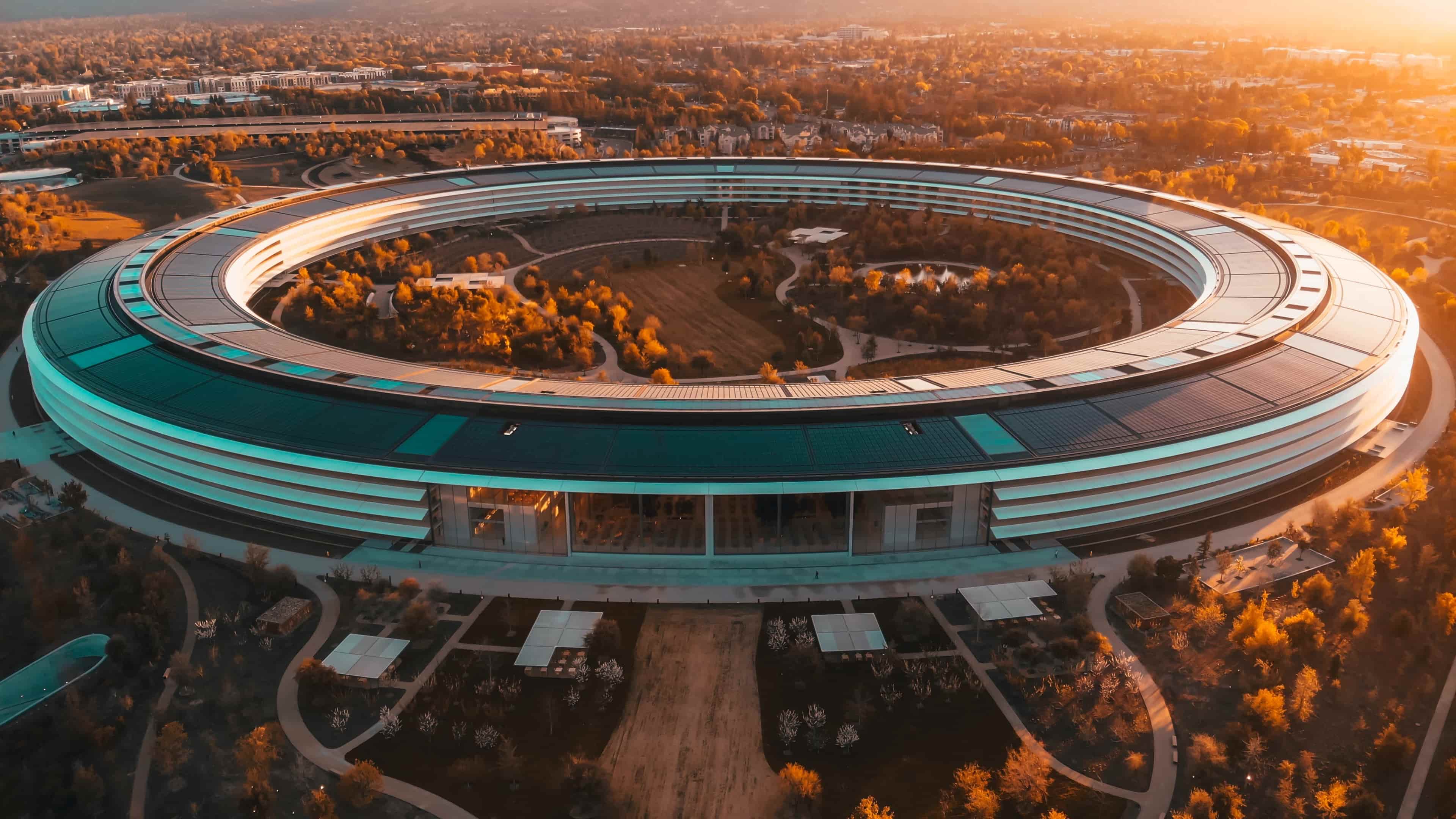The iOS 17.5 update provides support for downloading iPhone apps from developer websites but only for customers in the European Union (EU).

Apple will permit third-party marketplaces on iPhone like Epic Games Store, AltTunes, Setapp Mobile and others as part of its compliance with the EU’s Digital Markets Act, created to force technology gatekeepers to behave fairly.
With iOS 17.5, EU users will be able to bypass any app stores and get their apps directly from developer websites, MacRumors reported. This is only true for iPhone because the changes don’t include iPad apps or the iPad App Store.
Apple launched the iOS 17.5 beta on April 2. It will take a few weeks and several beta releases until the software is ready for public consumption.
Developers must meet specific criteria
Apple requires EU developers who wish to take advantage of direct distribution to use its APIs to ensure such apps can still be backed up, restored and updated automatically as if they were regularly downloaded from App Store.
Moreover, the company requires these developers to be notarized, enrolled in its Developer Program for at least two continuous years and have an app with more than one million first iOS installs in the EU in the prior year.
Direct distribution frees the developer from paying any commission to Apple except the controversial Core Technology Fee requiring of 0.50 euro for “each first annual install per year over a 1 million threshold.”
However, the European Commission opened a non-compliance investigation into Apple, and the Core Technology Fee could be changed or scrapped altogether to avoid bankrupting popular free apps which amass millions of downloads.
Apple gets sued by the US government
Apple’s page provides further information about the ways Apple will handle not only app distribution in the EU but also alternative payments in apps, access to the iPhone’s NFC chip for contactless payments and more.
Again, people who don’t live in the 27 EU member states will not be able to download apps from developer websites or enjoy the benefits ofthe compliance changes Apple is bringing to its EU customers.
Notably, regulators in other countries could force Apple to make the same concessions as in the EU. The United States recently sued Apple over alleged antitrust issues, with the legal process likely to drag on for years.